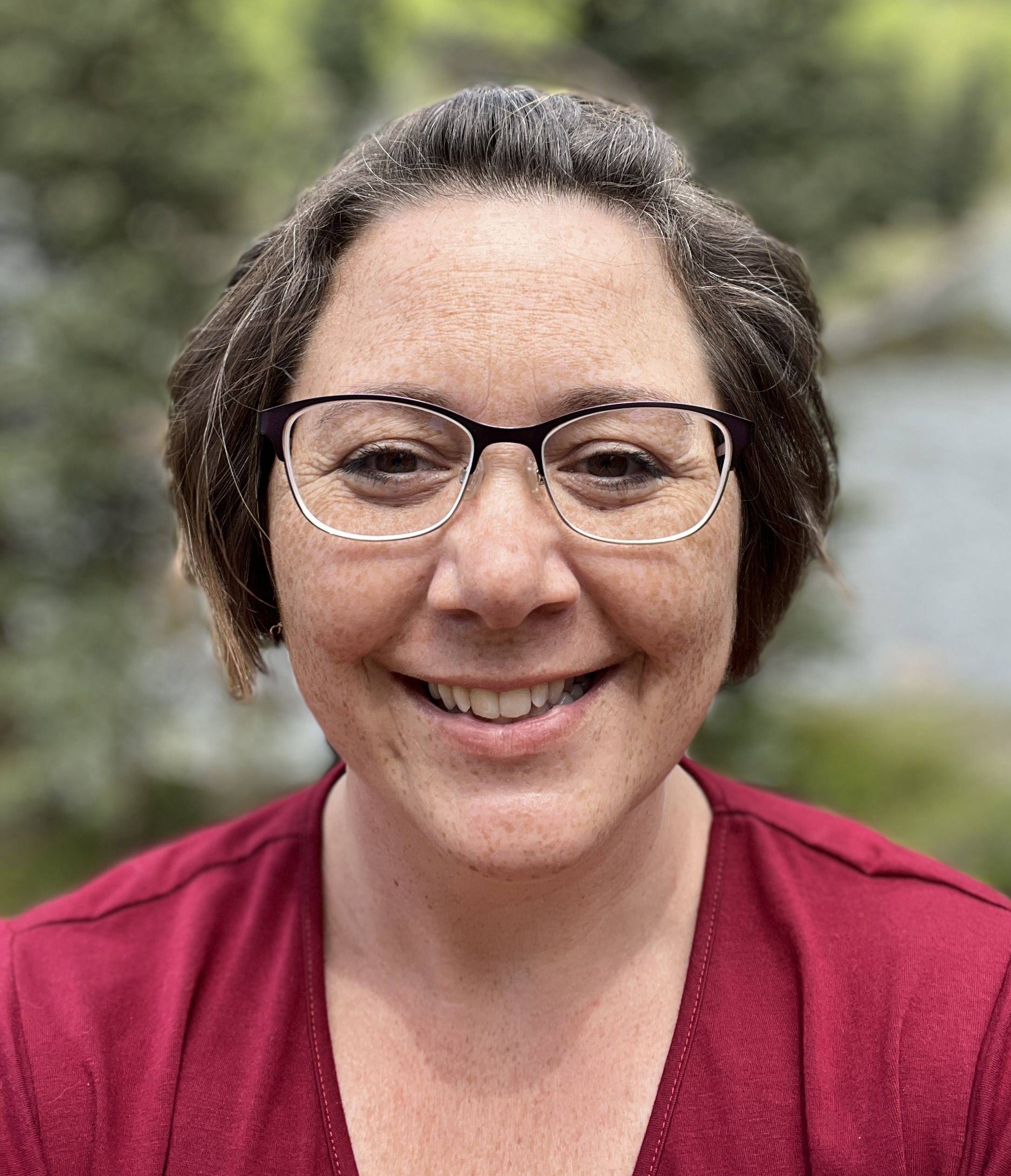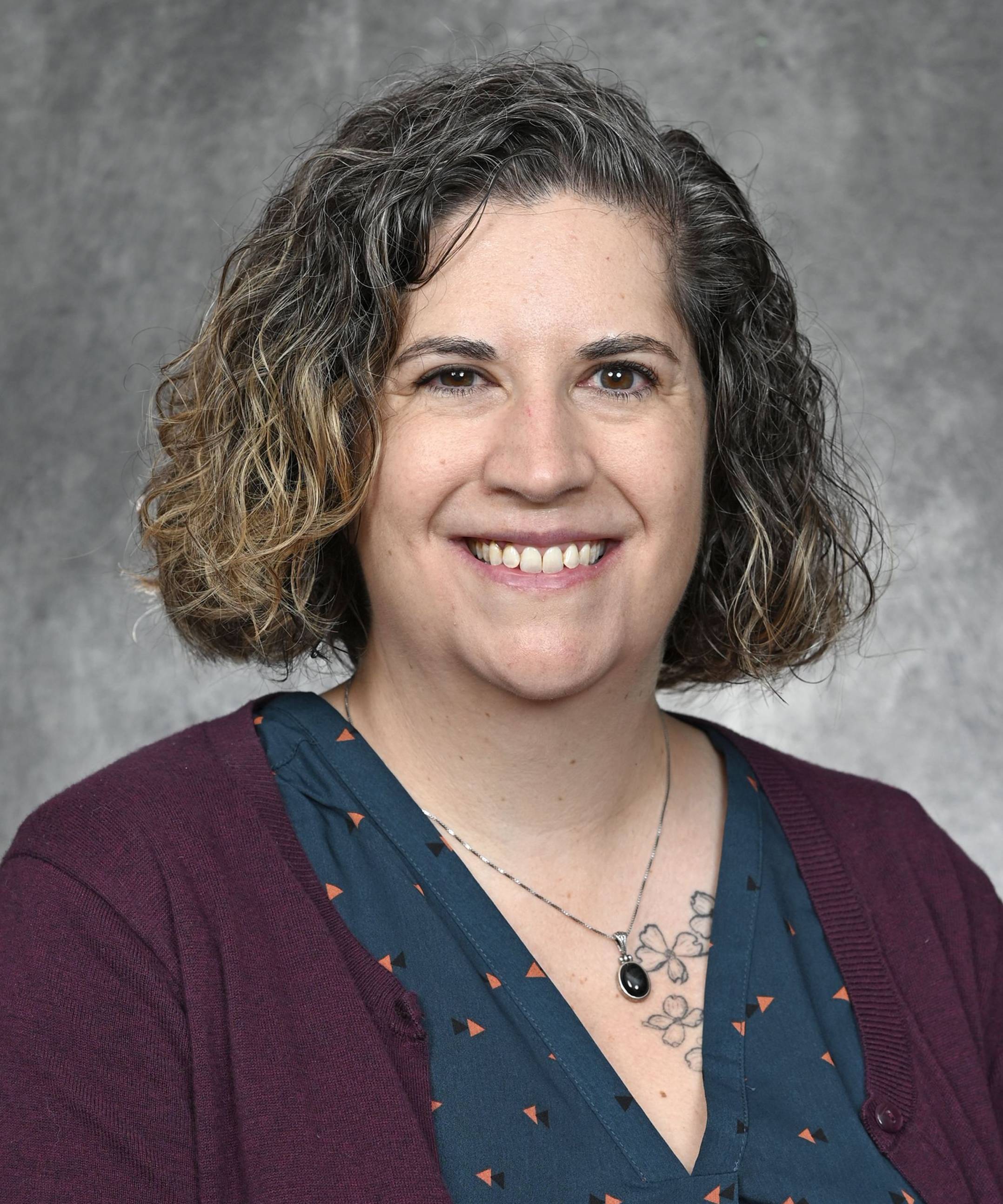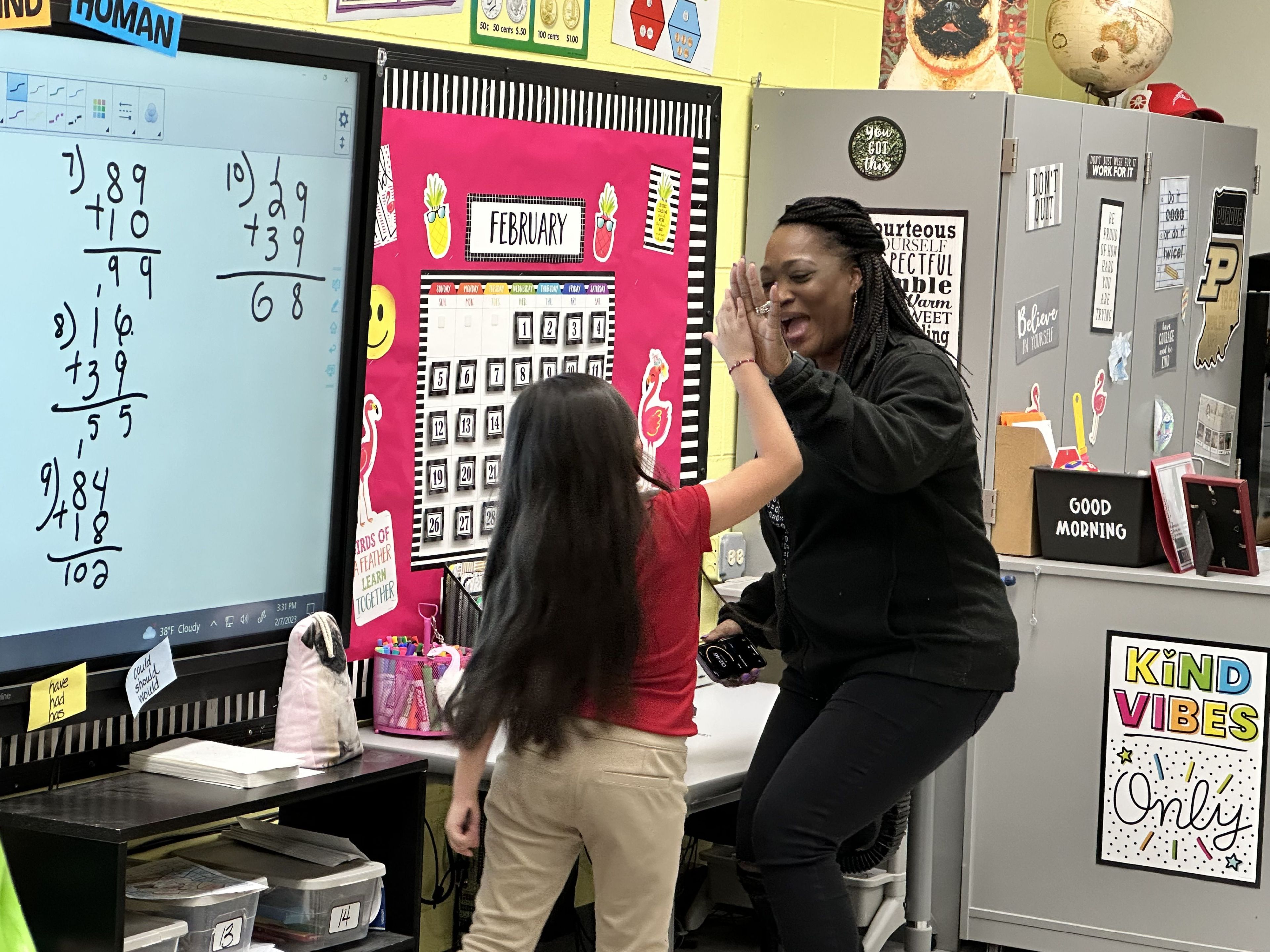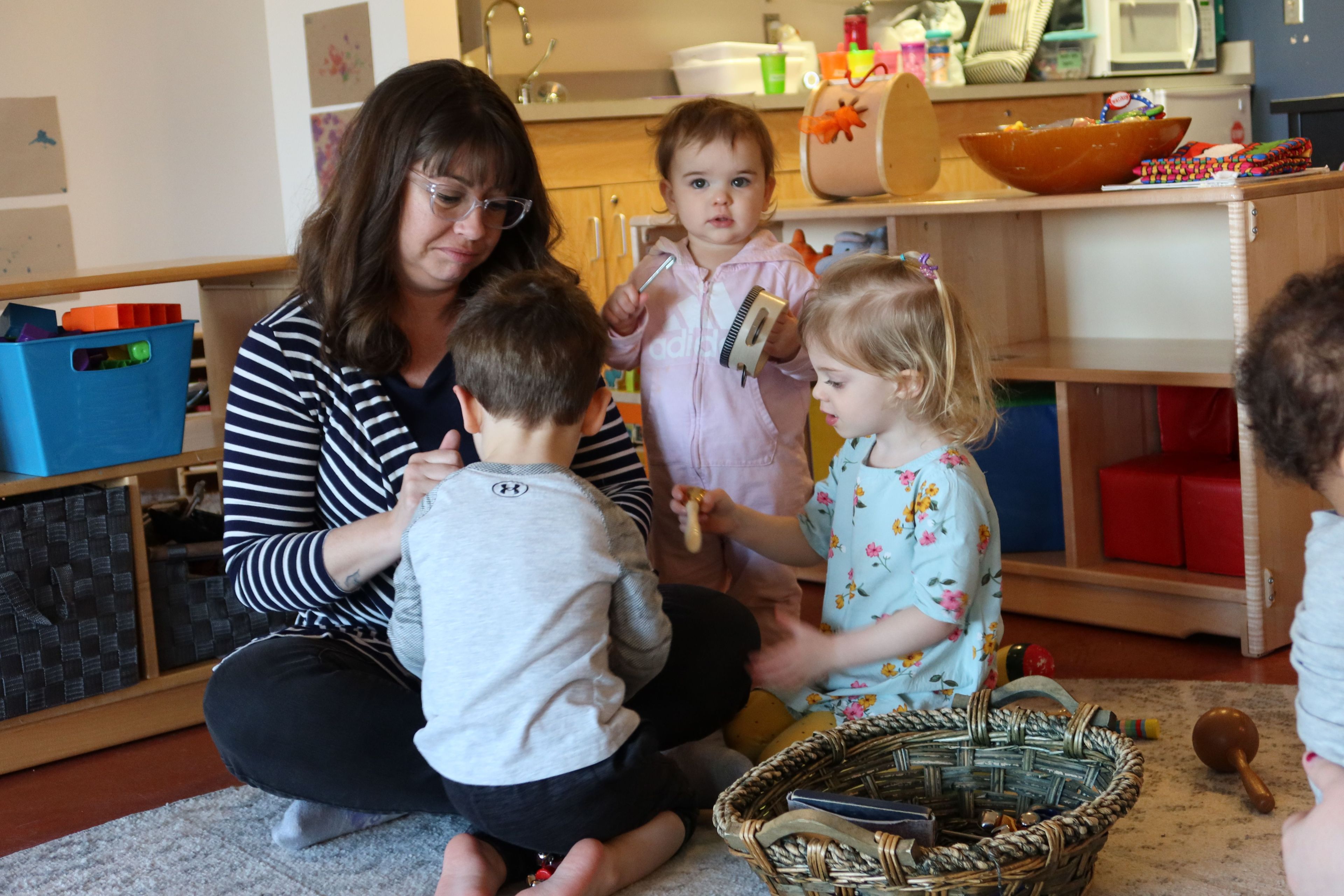Meeting students WHERE THEY ARE
Innovative programs provide resources and education for students at all grade levels.
Meeting students WHERE THEY ARE
Innovative programs provide resources and education for students at all grade levels.
In the face of two national crises, the learning disruption caused by the pandemic and the nationwide teacher shortage, the College of Education continues to be at the forefront of developing educational programs that meet the needs of students, right where they are. These new programs provide high-impact tutoring for K-12 students across the state, access to online bachelor’s programs for teacher licensure, and opportunities to grow careers.
IMPROVING FROM WITHIN
Illinois State empowers school support personnel to grow their impact in schools
By Tommy Navickas
Cadres of highly skilled and sorely needed special education teachers will start bolstering Illinois schools in just two years. Innovative thinking led to the creation of Paraprofessionals Unlocking Licensure in Special Education (PULSE). The program offers paraprofessionals a two-year path to licensure and their own classrooms.

Dr. Allison Kroesch
PULSE mirrors its creators’ intentions to strengthen the heartbeat of Illinois’ special education teacher corps through a rigorous, albeit attainable, path to licensure.
Its creation was the brainchild of Assistant Professors Drs. Allison Kroesch and Kate Peeples, who serve in the Department of Special Education at Illinois State.
“Paraprofessionals are already in these classrooms; they have unique knowledge of the job. They also know that this is the job that they want,” said Kroesch, who specializes in math instruction.
Unfortunately, paraprofessional pay is woefully disproportionate to the value they provide. PULSE offers them a runway to increase their abilities and become licensed teachers.
In addition, PULSE is an all-online, cohort-based program with ample financial assistance options available. It’s not only addressing the shortage of special education teachers, but it’s also giving these underappreciated school personnel a “leg up” in their careers.
Kroesch and Peeples came up with the idea for PULSE after serving a similar population of nontraditional learners through the Teach for Tomorrow initiative. Illinois State partnered with Peoria and Pekin Public Schools to deliver in-person courses out of their districts’ classrooms. However, after a few weeks of instruction, the duo learned how the program’s setting was putting undue pressures on its students who were already in their second and final year of the program.
“Some among the cohort were commuting over two hours each way to attend classes. Another was dealing with a serious health issue. We worked with all of the students to remove some of the unnecessary challenges,” said Peeples, whose specialty is literacy instruction.
They prioritized students’ time by alternating in-person with online learning and co-teaching the literacy and math courses. Many of the successful strategies were then utilized for building out PULSE.
“PULSE is a flipped model where students are learning the content on their own time through online modules and then doing the activities in practice within the schools where they work and through Zoom,” said Peeples. “So they don’t have to spend three full hours with an instructor. But we also have a great instructional design team making sure it’s uniform and effective.”
Paraprofessionals already have important existing roles within their schools, so Peeples and Kroesch are intentional when talking to districts about the effect (or lack thereof) on their employees’ roles.
“Districts and schools know their needs, and we want them to be in control of how their paraprofessionals are going to get the clinical hours required by ISBE,” Kroesch said. “We’re just here to support the professional learning side of things.”
The first PULSE cohort began in summer 2023, and Kroesch and Peeples are excited to empower today’s generation of paraprofessionals.

Dr. Kate Peeples
Early Childhood Education-Online Workforce Program
By Olivia Schickel
The Early Childhood Education-Online Workforce Program is an online program that creates an avenue for working early childhood professionals to earn their teaching licensure, bachelor’s degree, and special education endorsement letter. By targeting educators who already have a background working with children birth through age 5, the program quickly produces qualified, experienced, and dedicated teachers who have shown a commitment to the teaching profession. With highly specialized advisors, professors, and tutors, faculty and staff prioritize the unique needs of the student body as working professionals, parents, and caregivers.
Master’s in Teaching and Learning: Early Childhood Education-Faculty Preparation Concentration
By Gabriela Ledesma
The Early Childhood Education-Online Workforce Program is an online program that creates an avenue for working early childhood professionals to earn their teaching licensure, bachelor’s degree, and special education endorsement letter. By targeting educators who already have a background working with children birth through age 5, the program quickly produces qualified, experienced, and dedicated teachers who have shown a commitment to the teaching profession. With highly specialized advisors, professors, and tutors, faculty and staff prioritize the unique needs of the student body as working professionals, parents, and caregivers.
Illinois Tutoring Initiative

Tutor Darlene Allen-Nichols works with an elementary student on math.

Current student and educator at Heartland Community College's Child Development Lab Ashley Dowd teaches her students.
SERVED
SCHOOL DISTRICTS ACROSS THE STATE
STUDENTS ACROSS THE STATE PARTICIPATED IN TUTORING